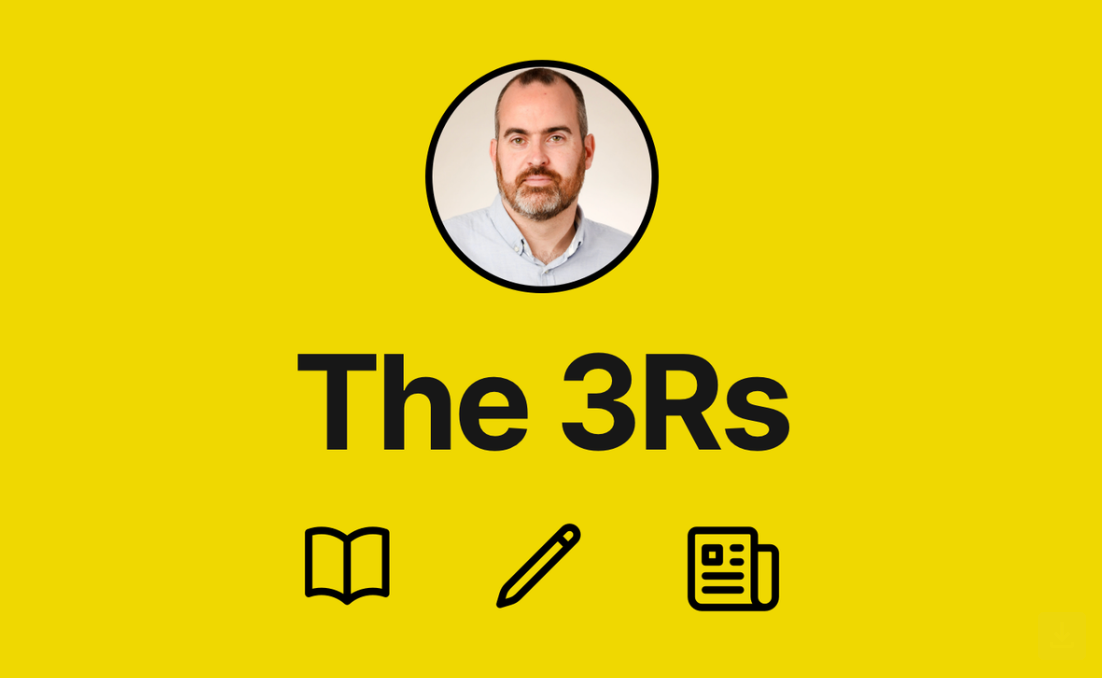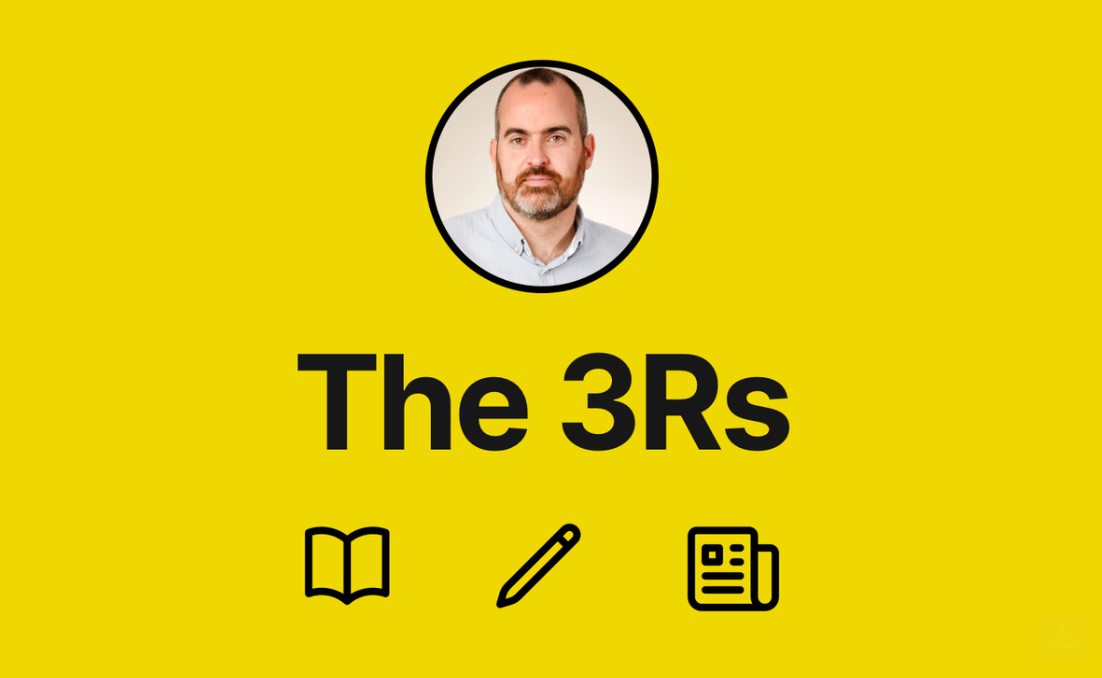
Feedback: A message in a bottle
Approaches to feedback, such as written marking or 'whole class feedback', are popular classroom strategies that are undertaken daily with students of all ages and stages. But do they truly land with students in the ways we intend? Or is it like a message in a bottle, cast












